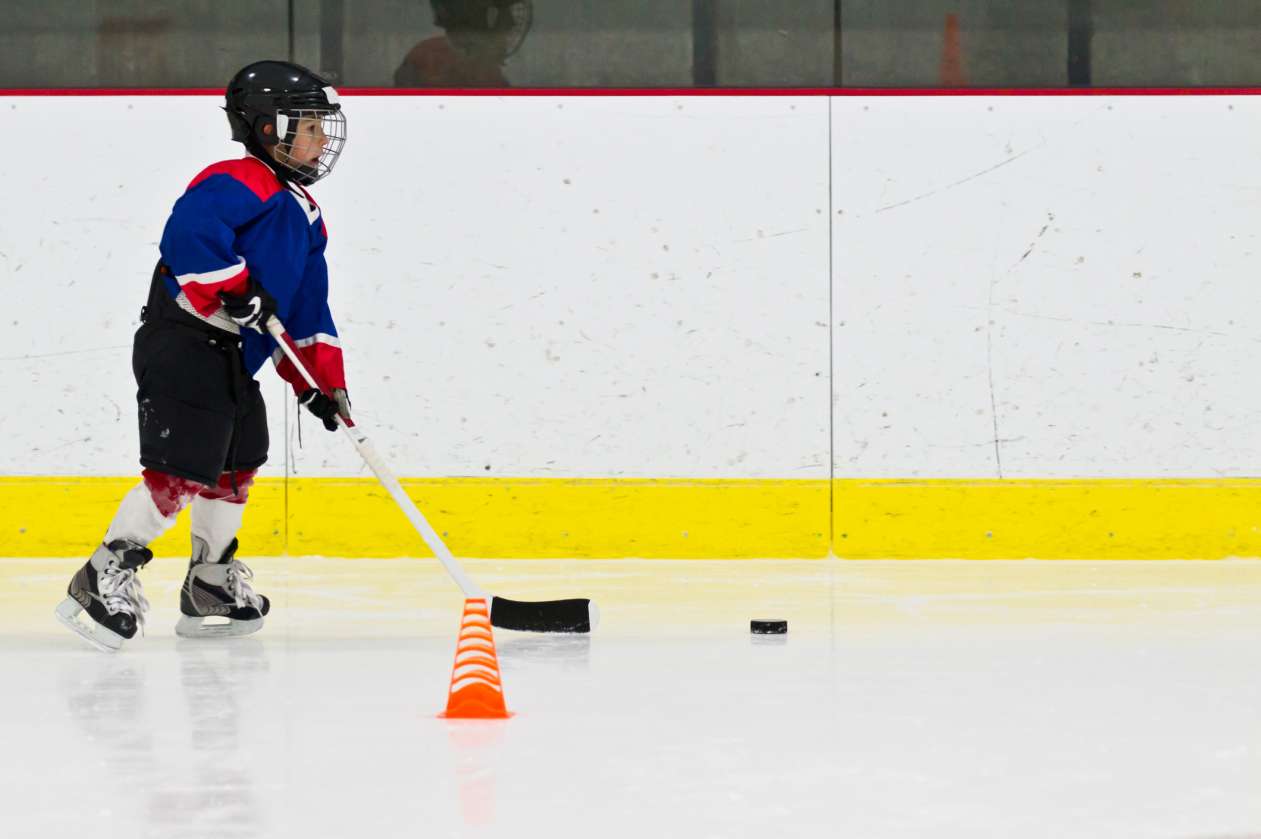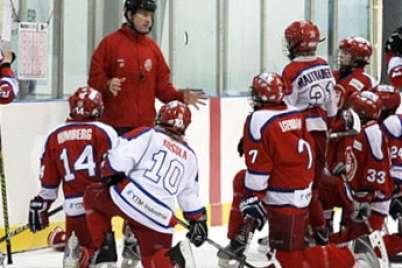
Hockey parents can get ready for the season with this conditioning camp
This article was originally published on Active for Life, as well as a republished in the September 2015 edition of Hometown Hockey magazine, a publication of the Ontario Minor Hockey Association.
2 weeks ago, my 20-year-old son left for conditioning camp with his Junior hockey team. Conditioning camp has been a ritual for him since he started playing hockey. That’s why back in 2015, I wrote the original version of this article with a suggestion for parents. Since conditioning camp gets our kids to brush up on their skills and set themselves up for a successful season as players, let’s do the same as hockey parents.
Each year, since writing this article, I have followed my advice. As my son skated at conditioning camp, I brushed up on my fundamentals as a hockey parent. I re-read my article below and made sure my perspective was right as the hockey season began.
After all these years, my son still loves to play, and that’s my greatest accomplishment as a hockey parent. This love of the game has allowed him to push through many challenges and grow tremendously as a player and as a person.
If another hockey season is about to start up in your house, try following these 3 principles below, which can greatly contribute to your child’s positive experience.
Fundamental #1: It’s about your kid. Really.
“It’s about the kids” is probably the most used (and misused) catchphrase in minor hockey. What it really means is that our focus should be on what kids want and what they expect from playing hockey. When researchers ask kids why they play sports, two answers always top the list: to have fun and to improve their skills. Amazing but true: winning never makes the top 10. For parents, that means as you watch your kids play hockey, remember why they’re playing.
If you feel unhappy because your kid’s team is losing or they won’t make the playoffs, you need to swallow your pride and check your emotions. If your kid’s not having fun or not developing skills, you can politely share your concerns with the coach, making sure you follow the procedure set out by your minor hockey association. But if the coaching and the program are sound, you need to stop worrying about the results. Your kids have.
Fundamental #2: Say the right things to your kids.
I’m not sure what the number is in Canada, but 70% of kids in the United States quit sport by age 13. Not surprisingly, the two main reasons kids quit sport is because they’re not having fun and they feel they don’t have the skills to succeed.
Another reason has to do with parents. Despite good intentions, many parents go too far when giving feedback on their kids’ performance. One of the most dreaded moments for many players is the car ride home when they have to hear about all the things they did wrong. Leave the instruction to the coaches and have your comments reflect your unconditional love and support. The most important six words you can ever say are: “I love to watch you play.” Memorize them.
Personally, I made a decision when my kids took up hockey: Not only would I say very little to them after the game, but I would never yell during the game. Both my kids are older now and looking back, this was one of the best decisions I have ever made.
Fundamental # 3: Think long-term development for your kid.
Back in 2015, the “new normal” in hockey was Hockey Canada’s Long-Term Player Development (LTPD) pathway. Now, the LTPD approach has proven itself. LTPD gets kids doing the right things at the right ages so they can have fun, love hockey, and become complete players.
The first step is developing physical literacy, which begins by learning a wide variety of fundamental skills such as running, throwing, catching, and jumping. To develop these skills, from an early age our kids benefit from playing many different sports and activities, not just hockey. If your child chooses to become an elite hockey player, there is a time when your daughter or son will begin the process of specializing in hockey.
According to Hockey Canada, the age at which a child begins to specialize in hockey can vary from 12 to 15. This means that your child will spend more time playing hockey and will participate in fewer organized sports. As a parent, remember that specialization must be driven by the child. Also, a progressive approach is healthier: just because your daughter is 13, it does not mean that she should suddenly drop all other sports she likes and dedicate herself fully to hockey. Playing at least one “off-ice” sport like basketball or martial arts is a good idea.
Looking back, I can say that as a “sport parent” living by these 3 principles worked. My 20 year-old son is still enjoying hockey and playing at an elite level. My 22-year old daughter has transitioned from competitive sport into a myriad of different activities and sports that she loves. From this perspective, I would recommend to all hockey parents to check your “conditioning” against these three fundamentals. Get fit, as we’ve got a long season ahead of us. Enjoy!
Read more about hockey for kids:
Hockey Canada’s top 6 “off-ice” sports and activities to help hockey players get better
Hockey Canada’s top 5 “off-ice” sports and activities to help goalies get better





